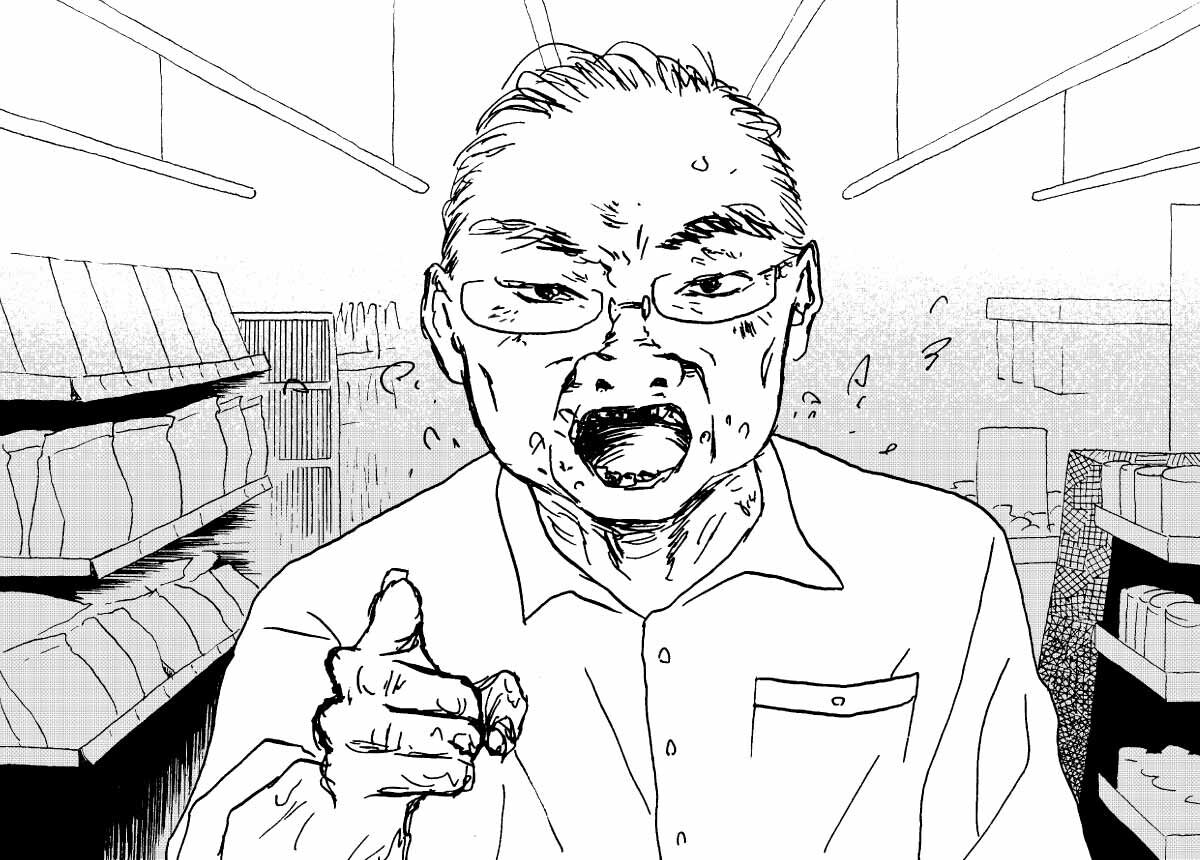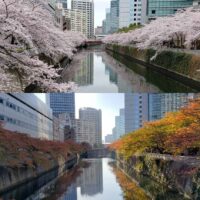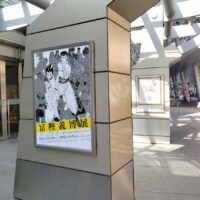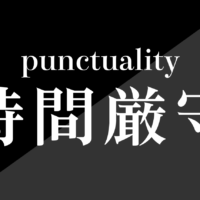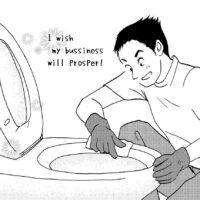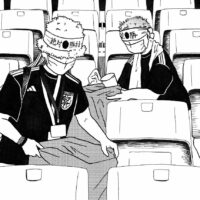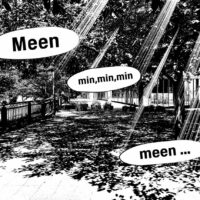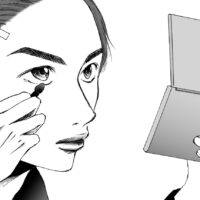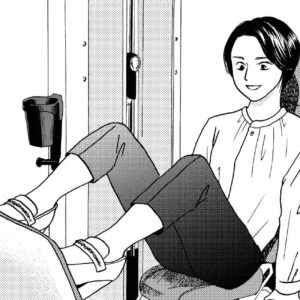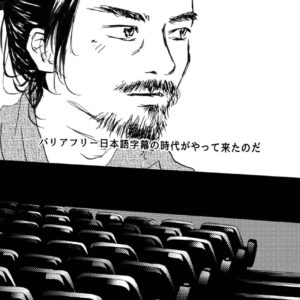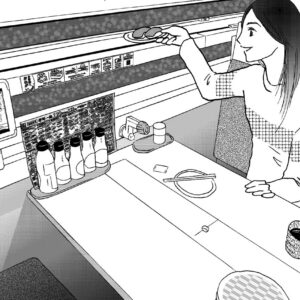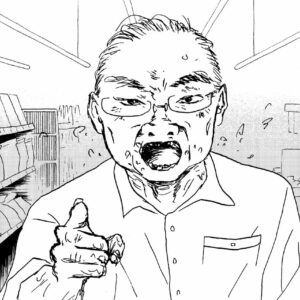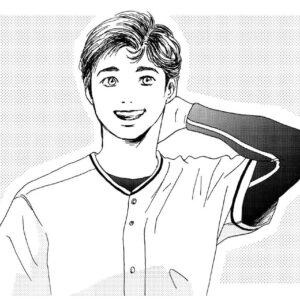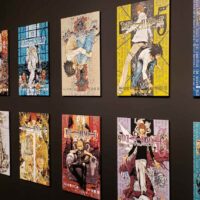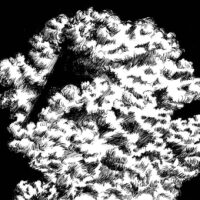There are persons called “Toxic Old People”, in Japan. It refers to arrogant old people who do not listen to the opinions of others, who impose outdated values, and who are a burden and a nuisance to the young people around them. Generally, the younger generation faces the dilemma between this value and the ethics of respecting and valuing the elderly. “This old person is extremely annoying, but does that mean that I can treat him/her with disrespect in his/her limited years on earth (Is that justified?)”.”
Here is a novel dealing with a toxic old persons.
—
The main character, an old man, is 85 years of age. He inherited the company his father had built, increased the number of employees, built his own building, and did business with foreign companies during the period of rapid economic growth. His career peaked when he appeared on a local radio show and was featured in a business magazine as an astute manager. His son-in-law is now the president of the company and he is retired. However, he still shows up at the company, makes his young employees stop and talk at length about what a good manager he once was. Employees minister to him not so much as to ignore him, but no one takes him seriously. One day, as a result of his meddling in an important company transaction, the other company stops doing business with his son-in-law’s company. His own daughter (who is the wife of the current president), who has always been annoyed with him, finally tells him the truth.
“Everything is annoying. I don’t want to be disturbed anymore. All these old people like you are all bragging, complaining, and repeating the same stories over and over again. Do that by getting together with your peers of the same age group. Don’t try to join the ranks of those in active duty. Young people do not want to listen to you. Don’t be eager to train or teach the young. Back off! Do something as a hobby or just do your own thing. Please.”
The old man is shocked that he is not included in the head count in the active society. At the same time he is angry. Daughter and son tell their retired and aging father, “Do what you want to do. Age has nothing to do with it,” while forcing him to take up hobbies he doesn’t want to do. Such things are simply easier for young people because they don’t have to deal with him. What the old persons needs is “to have a place to go today and an errand to run today.” He plans to open a coffee shop for old people with sadly, like himself, who is relegated to a corner with being said “nuisance”. He decides that he will devote the rest of his life to helping the old people.
—
This novel gives us the perspective of an annoying old man. He said “I know that it is perfectly natural for my daughter and son to want me to go away rather than listen to me bragging about the past. But as I get older, I feel happy and alive only when I am talking about the old days, bragging, complaining, or lamenting. I know it keeps me alive. It may be a nuisance to the young, but to the old, it is a sign of life. I wonder if these two can somehow coexist.”
You can never know how people feel until you actually put yourself in their shoes. And you don’t know what annoying old people think until you get old. However once you get older, you can never go back to your youth, and you can never know what it feels like to be a young person. This irreversibility is the interesting point. The gap between the toxic old and the young will never be bridged, and the old are alive as long as they continue to fight the young.



